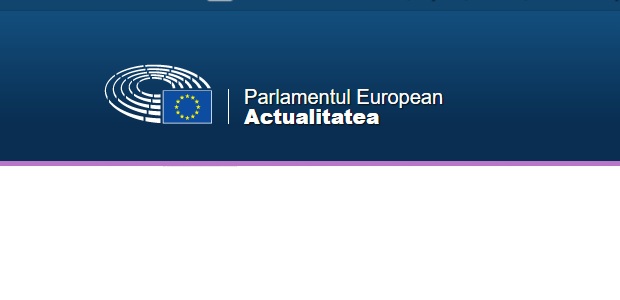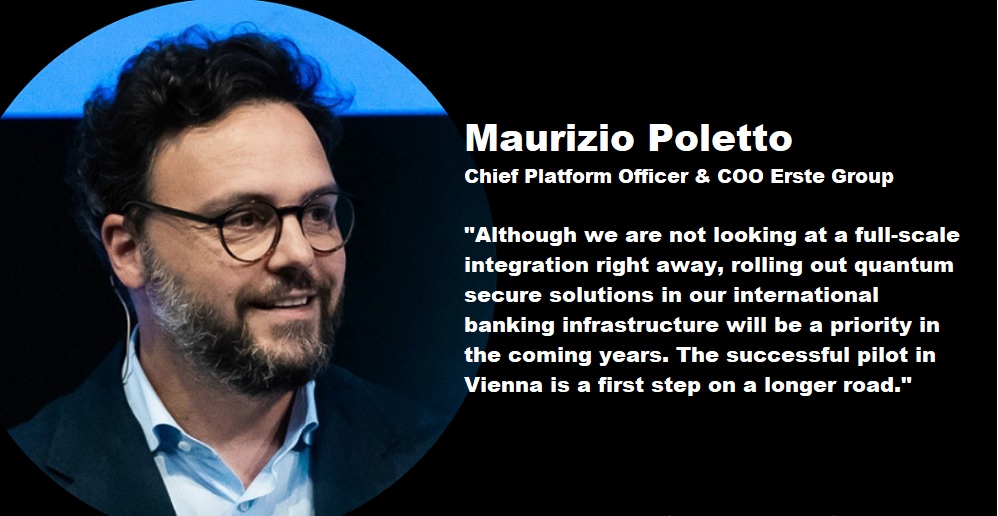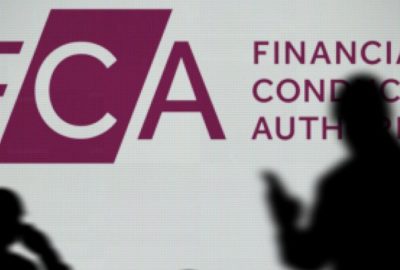E-commerce: EU-wide rules to protect consumers better and stop rogue traders

New powers for national authorities to check whether e-commerce websites geo-block consumers, track down rogue traders or even, subject to safeguards inserted by MEPs, order that websites hosting scams be shut down, were approved by the Internal Market and Consumer Protection Committee on Tuesday.
Under this draft legislation, national enforcement authorities would be required to have a set of powers to detect and halt online breaches of consumers’ rights across the EU.
Internal Market Committee rapporteur Olga Sehnalová (S&D, CZ) said: “This regulation has a big potential to significantly strengthen cross-border cooperation between authorities in the area of enforcement of consumer protection laws. As traders increasingly operate across the internal market, we need efficient mechanisms when something goes wrong”.
“The cornerstone of the revised rules consists of a set of investigation and enforcement powers for competent authorities in all member states, with a possibility of redress for consumers. We also call for better involvement of all entities with legitimate interests in consumer protection, in particular consumer organisations, when tackling infringements”, she added.
Internal Market Committee chair Vicky Ford (ECR, UK) said: “The report represents a major step forward for consumers in the EU. Fraudsters don’t stop at the border. One particular issue is that scams pop up in one country and then reappear in another one. It is important to ensure that authorities can stay one step ahead of the scammers and not the other way around.”
A screening done in 2014 found that 37% of e-commerce and booking websites for travel, entertainment, clothing, electronic goods and consumer credit services were in breach of EU consumer laws, according to the EU Commission.
New powers to protect consumers against online scams
The draft rules aim to close legal loopholes created by that fact that enforcement powers differ from one EU country to the next. Today, some enforcement authorities in the EU cannot prosecute traders for past infringements, such as misleading advertisements that were live for only a few hours or days. Nor are they able to track financial flows to identity those behind such breaches. Also, some authorities cannot take measures to take down websites containing scams pending the end of the investigation.
The draft rules would require EU member states’ authorities to have a number of investigation and enforcement powers, e.g. to request information from domain registrars and banks to help them detect rogue traders, purchase, inspect and “reverse engineer” goods or services as test purchases, including under a cover identity, and to order a hosting service provider to remove content, suspend or close down websites that host scams.
Shutdown safeguards
MEPs inserted safeguards to enable national authorities to order the suspension of a website, as an interim measure, only “where there are no other means available to prevent the risk of serious and irreparable harm to collective interests of consumers”.
If, after a request by the competent authority, there is no “effective reaction” by the trader to put an end to the infringement, it could, as a last resort, order a hosting service provider to “remove content or close down a website, service or account”.
Compensating consumers for past infringements
MEPs agreed that the period for national authorities to impose sanctions, order a trader to compensate consumers and order the restitution of profits obtained as a result of infringements, should be set at five years.
Tackling widespread breaches
National authorities and the EU Commission will coordinate common actions to stop “’widespread infringements with a Union dimension”. MEPs define these as those that harm “consumers’ collective interests in a majority of member states accounting together for at least a majority of the population of the Union” (the Commission had proposed a higher threshold, of three quarters of the member states, together accounting for at least three quarters of the EU population). MEPs clarified rules for launching coordinated actions and the EU Commission’s role in this process.
Consumer organisations and traders’ associations should be allowed to participate in the “alert mechanism” to notify reasonable suspicions, since they might know about possible infringements earlier than the authorities, MEPs add.
Next steps
By 33 votes to two, with one abstention, the committee gave its negotiating team, led by Ms Sehnalová, a mandate to start talks (trilogues) with the Council and the Commission to reach an agreement on the final law.
Source: European Parlament
Dariusz Mazurkiewicz – CEO at BLIK Polish Payment Standard
Banking 4.0 – „how was the experience for you”
„To be honest I think that Sinaia, your conference, is much better then Davos.”
Many more interesting quotes in the video below:










